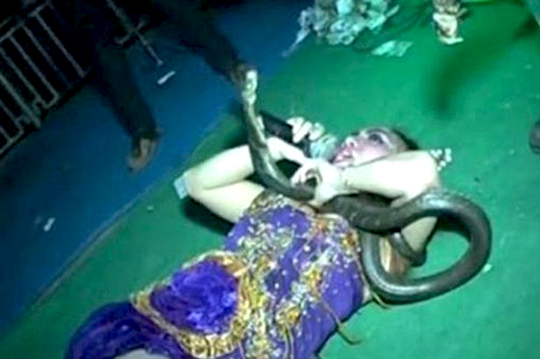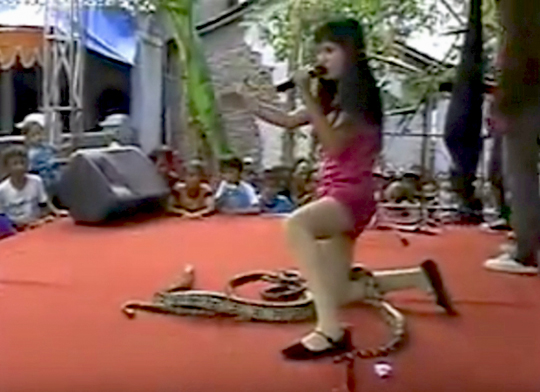Bengaluru, Jul 17: Karnataka Chief Minister B S Yediyurappa on Friday said lockdown is not the solution for controlling COVID-19 and made it clear that there was no proposal before the government to extend it in Bengaluru.
Bengaluru urban and rural areas are currently under "complete lockdown" since 8 pm of July 14 and it will be effective till 5 am on July 22.
With the spike in cases, speculations were rife that the current lockdown is likely to be extended for 15 days, as that much time is required to break the chain.
"Lockdown is not the solution to control COVID. There is no proposal before the government to extend the lockdown," Yediyurappa was quoted as saying by his office in a release.
The Chief Minister today chaired a meeting with Ministers who have been made in-charge of eight zones in the city and officials regarding the COVID-19 situation in Bengaluru.
Earlier too, on July 13, the eve of the lockdown, Yediyurappa had said the government did not plan to extend it in Bengaluru urban and rural districts, and had appealed to the people to cooperate by not paying heed to rumours.
However, earlier today city Mayor M Goutham Kumar and commissioner of the civic body Bruhat Bengaluru Mahanagara Palike B H Anil Kumar had favoured its extension.
They had said that in their personal opinion, a 15 day lockdown would be good, as that much time is required to break the chain.
The Opposition Congress too had asked for a minimum of 15 days lockdown after taking expert opinion.
"Respected Chief Minister, you have imposed lockdown in Bengaluru, but it is difficult to expect results from this lockdown, which has been imposed just for for the sake of it.
Take expert opinion and enforce strict lockdown in Bengaluru at least for 15 days.
If not, even if God comes,it will be difficult to protect Bengaluru," KPCC Working President Eshwar Khandre tweeted.
Speaking to reporters after attending the meeting chaired by the CM, Revenue Minister R Ashoka said lockdown will not be extended and all activities can resume as usual from July 22.
"Lockdown will not be extended. I'm saying this after discussing with the Chief Minister. There is no such thinking before the government.
CM has got report from the experts, it was discussed in the meeting.
By lockdown we can only postpone things, we have taken that breathing time.
If we continue lockdown it will keep on continuing," he said.
The Minister said the process of sealing places, wherever required, would continue.
He said the plan to conduct more tests was discussed at the meeting and all the required zone wise arrangements would be made
"We also discussed about beds and shortage of ventilators and steps will be taken to arrange for them," he said.
As of July 16 evening, cumulatively 51,422 COVID-19 positive cases have been confirmed in the state, which includes 1,032 deaths and 19,729 discharges.
Bengaluru urban district tops the list of positive cases, with a total of 25,288 infections.
Out of 4,169 fresh cases reported on Thursday, a whopping 2,344 were from Bengaluru urban alone
At the meeting, the Chief Minister said all necessary steps should be taken to clear all the difficulties faced by infected patients in getting admitted to hospitals.
The CMO statement quoted Yediyurappa as directing Ministers to hold meetings with private hospitals to ensure that COVID and non COVID patients get treatment.
Warning of strict action against private hospitals if they don't allocate beds for COVID patients,he said volunteers and nodal officers would be appointed to gather information about admission of such patients and availability of beds
The Chief Minister said rapid antigen tests should be conducted on those dying at hospitals or homes and necessary action taken to hand over the bodies or to conduct last rites as per the procedures, depending on the cause of death.
Recruitment was on to appoint doctors to resolve shortage, he said,adding that volunteers have been identified in each ward for micromanagement and ambulances allocated.
Marriage halls and lodges have been selected in all wards for those not having separate quarantine facilities, Yediyurappa said and stressed on increasing testing.
Deploying extra police force at places where there are chances of people gathering in large numbers, ensuring beds availability and ambulances within two hours of a patient testing positive- with decentralized monitoring, giving priority to those symptomatic above 65-years during allocation of beds were among directions given by the Chief Minister.









Comments
no sympathy
Why dance with snakes in the first place. Crazy people. RIP
Add new comment